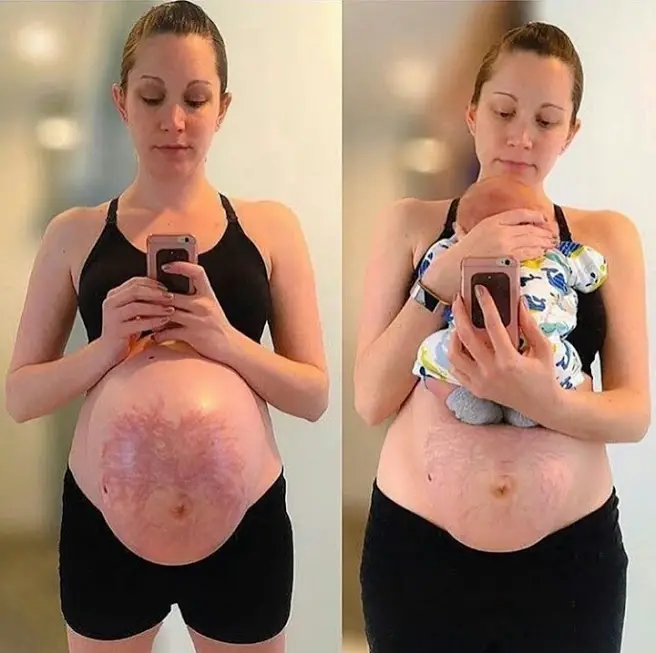If you’re concerned about skin darkening after laser hair removal, you’ve come to the right place. This guide offers you comprehensive information on why this happens, how to prevent it, and what steps you can take if you experience it.

Table of Contents
Can Laser Hair Removal Cause Skin Darkening?
Yes, laser hair removal can indeed lead to skin darkening, also referred to as post-inflammatory hyperpigmentation. This condition usually manifests as dark spots or patches appearing on the skin area where the laser was applied. This can occur when the laser settings are not properly adjusted for your skin type, or if the practitioner handling the laser is not adequately trained or experienced.
The risk of experiencing skin darkening increases if you have a darker skin tone, as the melanin content is higher. It’s important to consult with a certified dermatologist who can evaluate your skin type and recommend the appropriate laser type and settings for you.
Why Skin Darkening After Laser Hair Removal Occurs
The process of skin darkening after laser hair removal is typically a bodily response to the thermal injury caused by the laser. When the skin senses heat, it can trigger the melanocytes, the cells responsible for producing melanin, to produce more melanin as a protective response. This increased melanin leads to darker skin in the treated area.
Other factors that can influence skin darkening include the wavelength of the laser, the energy level used, and the cooling mechanism. Shorter wavelengths are generally better suited for lighter skin tones, while longer wavelengths are usually recommended for darker skin tones.
How to Prevent Skin Darkening After Laser Hair Removal
To minimize the risk of skin darkening after laser hair removal, your first step should always be to consult a board-certified dermatologist. During the consultation, the dermatologist should perform a patch test to assess how your skin reacts to the laser. This can help fine-tune the laser settings for your full treatment.
Post-treatment, it’s crucial to follow the dermatologist’s aftercare recommendations, which may include using sunscreen on the treated area and avoiding sun exposure, as the skin will be more sensitive to UV radiation.
Check out these other articles…
How to Get Rid of Black Spots After Laser Hair Removal
Rash on Skin After Laser Hair Removal: Easy Remedies
Skin Damage from Laser Hair Removal: Comprehensive Guide
Skin Cancer from Laser Hair Removal: Myths & Facts Unveiled
My Skin is Itchy After Laser Hair Removal: Easy Remedies
Bumpy Skin After Laser Hair Removal: Causes & Easy Solutions
What to Do if Your Skin Is Darker After Laser Hair Removal
If you notice skin darkening after laser hair removal, don’t be alarmed. First, schedule a follow-up appointment with your dermatologist to discuss the issue. Your dermatologist may recommend several treatment options depending on the severity of the hyperpigmentation.
These could range from prescription topical treatments containing ingredients like hydroquinone or azelaic acid to chemical peels and other dermatological procedures to lighten the skin. Consistency in following the prescribed treatment and attending follow-up visits can make a significant difference in the outcomes.


